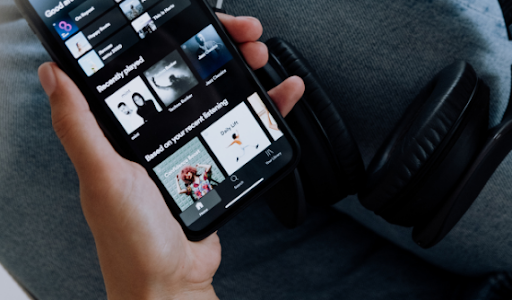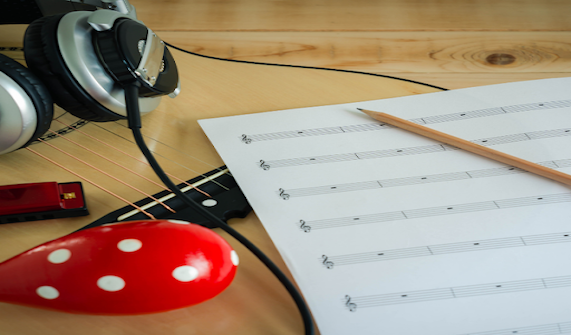Channelling your music on various digital platforms is a crucial part of music promotion. Almost gone are the days when distributors sought arduously to get records in stores for people to buy them through their promotions. Digital music distribution is the way to go and is essential to reach potential fans. Smart distribution gets your music to as many people as possible and it helps you to get paid for your music.
As an artist, your digital distribution goal should be to get your music on as many digital platforms as possible, such as Spotify, iTunes, Amazon Music, Google Play, Pandora, Apple Music, SoundCloud, Xbox, MySpace, iHeartradio, and other digital platforms and music stores.
Channelling your music on these platforms will allow your music to get the clout and the digital revenue it deserves even more than live performances and radio shows. The idea is to reach your listeners by meeting them in their online hangouts and open the door of opportunity to the hotspots that will sell your music.
Another perk of channelling your music online is the smart algorithms that recommend and suggest tracks to people based on what they listen to. In the digital world, this is how people discover music. How amazing is this?
A lover of your genre of music begins listening on his or her favourite hangout spot and Wallah! A song begins to stream that he or she has never heard before but is the exact melody, tune and lyrics that they have been searching for.
When all is channelled and done, the idea is just to get your music out in the world so that your fans and music lovers across the globe can discover your song or your album and begin streaming and networking your music that will inevitably promote sales.
Sign up with Belinda Brady’s course on Music and Digital Marketing Coaching and learn how to get your music on these digital platforms and out into the world.
Written by: Nadine Brady-Taylor



